'Explorer' primocane fruiting black raspberry!
I could be wrong, but I believe this is the first instance of primocane-fruiting I've heard of in black raspberry.
'Explorer' Black Raspberry
Pete Tallman, by the way, is a private grower/breeder from Colorado. From what I've heard, he's got a very impressive program, and he appears fairly active in NAFEX.
For those of you wondering what primocane fruiting is, and why it's a big deal, here's the basics:
The above-ground portions of brambles (Rubus species) are biennial. Normally, canes grow one year, overwinter, then produce fruit and die. During their first year, they're called "primocanes", during the second, fruiting, year, they are called "floricanes". Primocane-fruiting cultivars, however, deviate from this plan by producing flowers at the tips of their primocanes (portions of the primocanes that flower die and do not flower the next season, so such canes are not flowering twice). This is important for a couple of reasons: a) It removes the requirement to overwinter canes and simplifies care. Because fruit is being borne on first year canes, after the fruit is harvested the plants can be mowed down and allowed to grow back completely each year, and as a result there's less danger of damage from severe cold, because the roots and crowns are less susceptible to damage than the canes. b) It extends the harvest season. Generally, the existing canes from the previous year flower in the spring or early summer, while the primocanes are growing. Once the primocanes have grown, they begin flowering, generally considerably later in the season, sometimes continuing until frost. This can provide new opportunities and markets for growers.
Primocane-fruiting red raspberries have been around for a while, and make up a significant proportion of the industry. For reasons that aren't clear to me, they're frequently called 'fall-fruiting raspberries', yet one never hears 'fall-fruiting' applied to blackberries, despite a similar trait.
Primocane-fruiting blackberries are a relatively new development. The first two cultivars, 'Prime-Jim' and 'Prime-Jan', were released recently by the University of Arkansas, and more are in the pipeline. The trait was introduced from a single source, a wild diploid selection called 'Hilquist', which was weakly primocane-fruiting. The trait is a single recessive gene, but in the tetraploid blackberry breeding program managed to go unnoticed for many years, until it was developed by Dr. Jim Moore and his graduate student (now Dr.) Jose Lopez-Medina, and later Dr. John Clark. Researchers in Europe have also been working on transferring the raspberry primocane-fruiting trait into blackberries, but to my knowledge no cultivars have resulted from this effort.
So far as I can remember, however, I hadn't heard anything about primocane-fruiting black raspberries. Although theoretically crossable with red raspberries and blackberries, this is frequently too difficult to be practical (purple raspberries, as you might have suspected, are hybrids of red and black raspberries). On top of this, the native germplasm base has been shown to be surprisingly uniform at the genetic level, limiting the breeding potential. So the discovery of a new trait in black raspberry is rather exciting in general.
Labels: black raspberry, blackberry, brambles, breeding, raspberry, Rubus


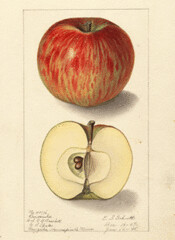
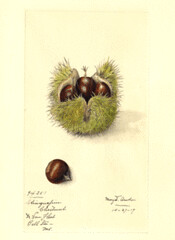
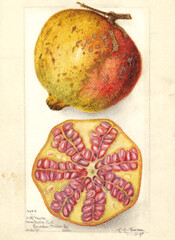
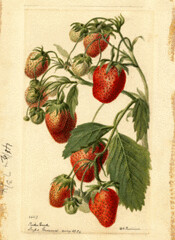
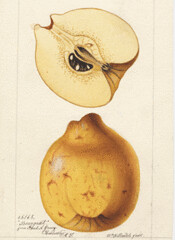



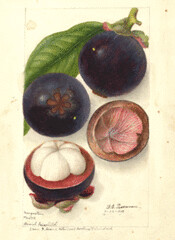
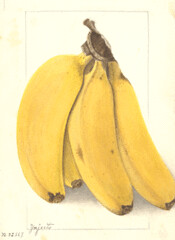

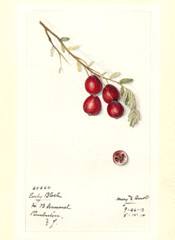
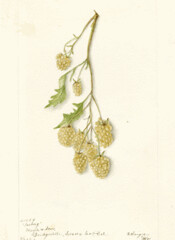
1 Comments:
This was very informative - thank you!
Post a Comment
<< Home